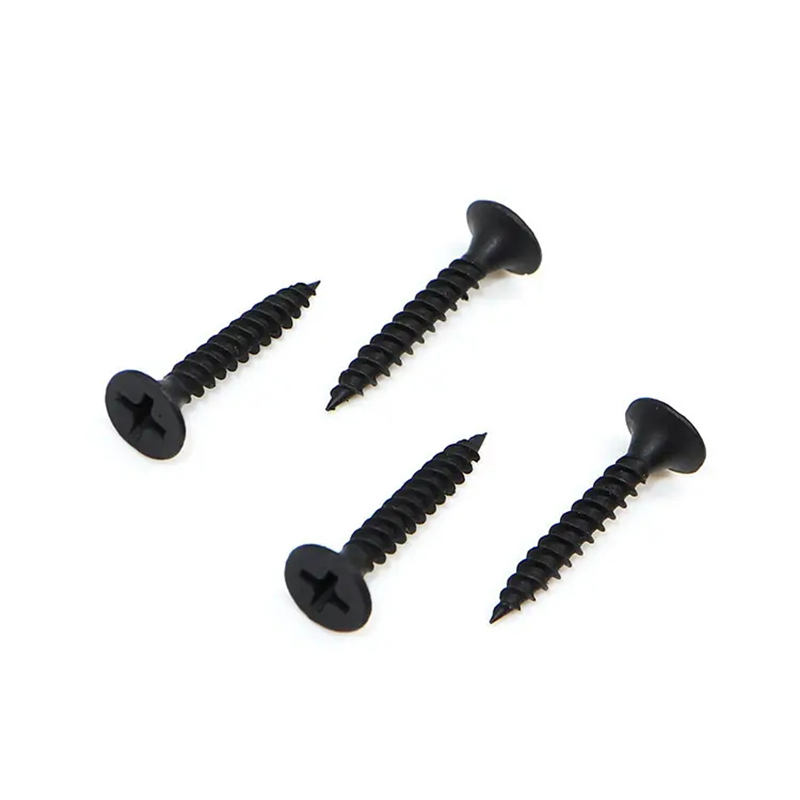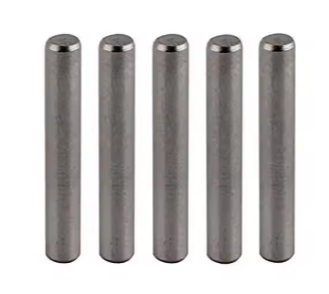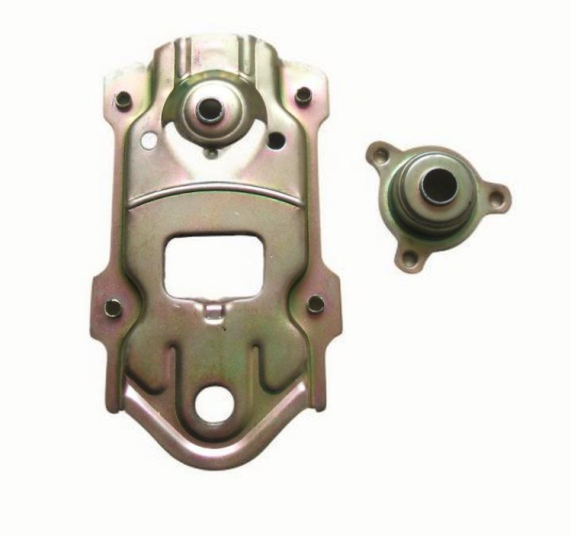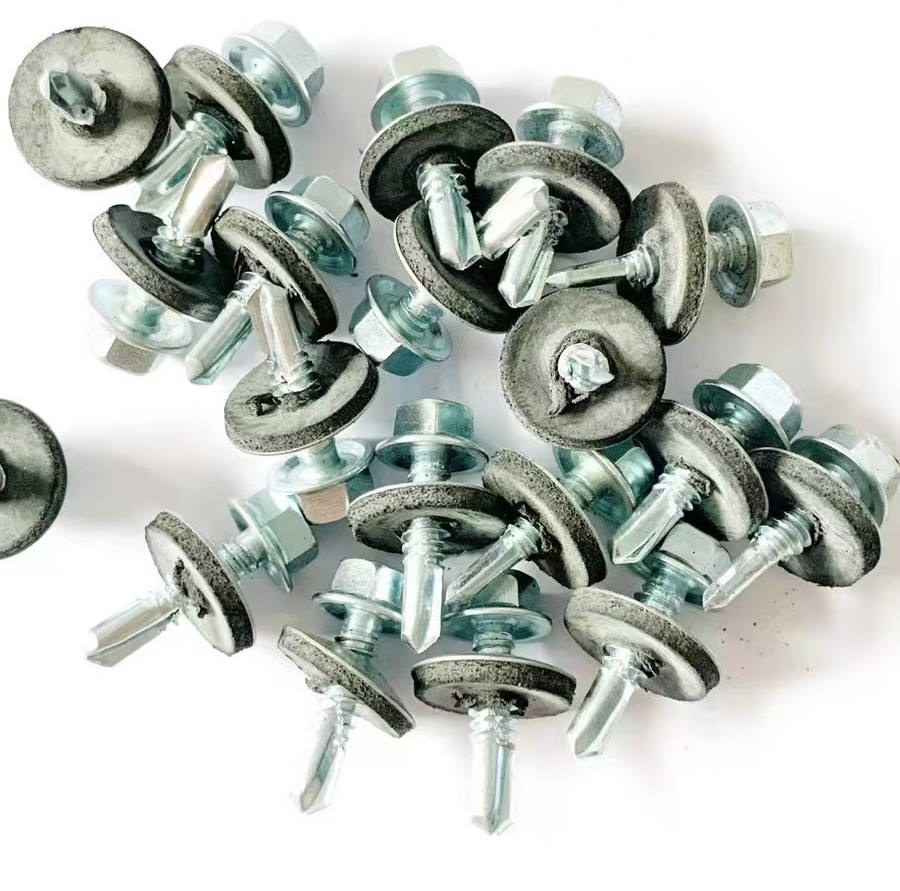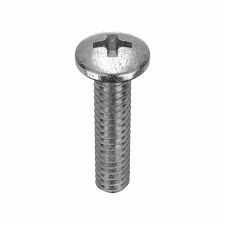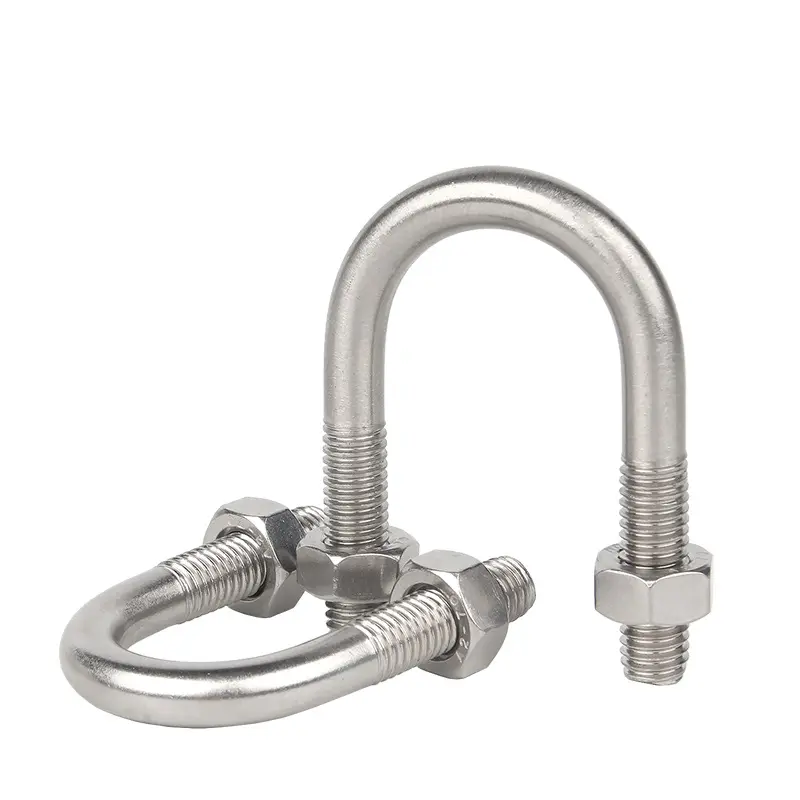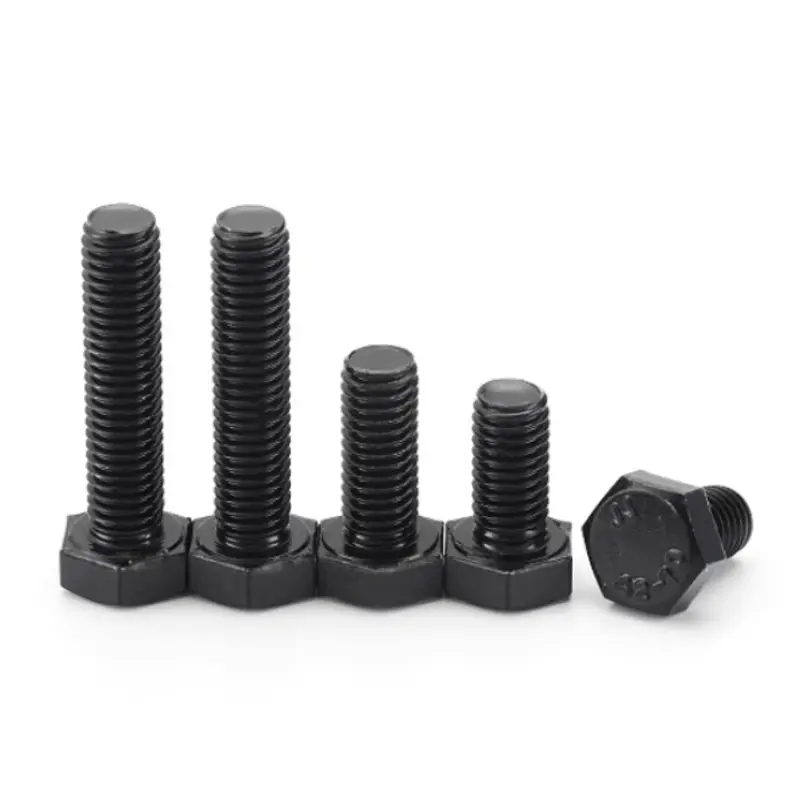

This comprehensive guide helps you navigate the world of DIN 933 bolt factories, offering insights into selection criteria, quality assurance, and sourcing best practices. We explore key considerations to ensure you find the right manufacturer for your specific needs, covering aspects from material specifications to global sourcing options. Learn how to identify reputable suppliers and make informed decisions when procuring these crucial fasteners.
DIN 933 bolts are a type of hexagon head bolt standardized by the Deutsches Institut für Normung (DIN), a German standardization organization. They are widely used in various industries due to their robust design and consistent quality. These bolts feature a hexagon head, allowing for efficient tightening with a wrench. The specific dimensions and tolerances are detailed in the DIN 933 standard, ensuring interchangeability and reliable performance.
DIN 933 bolts are typically manufactured from various materials, including steel (carbon steel, stainless steel), brass, and other alloys. The choice of material depends on the application and the required strength, corrosion resistance, and temperature tolerance. For example, stainless steel bolts offer superior corrosion resistance, making them suitable for outdoor or marine applications. Carbon steel bolts provide high strength-to-weight ratios, making them ideal for structural applications. Always verify the material specification with your chosen DIN 933 bolt factories to ensure it meets your project's requirements.
Selecting a reliable DIN 933 bolt factory requires careful consideration. Here are some key factors to evaluate:
You can source DIN 933 bolt factories through various channels, including online directories, trade shows, and industry associations. Online platforms dedicated to connecting buyers and suppliers can also be a valuable resource. Always conduct thorough due diligence before entering into any business agreements.
To ensure the quality of your DIN 933 bolts, it's essential to implement a robust quality assurance plan. This should involve both incoming inspection of raw materials and outgoing inspection of finished products. Common testing methods include tensile strength testing, hardness testing, and visual inspection for defects. Regular audits of the DIN 933 bolt factories you work with are also crucial.
When sourcing DIN 933 bolts internationally, ensure that the factory complies with relevant international standards and regulations. Understanding the legal and regulatory landscape of the country of origin is critical. This includes understanding import/export regulations and any relevant certifications required.
For high-quality DIN 933 bolts, consider exploring suppliers with established track records and proven quality control processes. A thorough investigation, including verifying certifications and references, is crucial in selecting a reliable partner. Remember to check for compliance with relevant international standards.
One potential supplier you might consider researching is Hebei Dewell Metal Products Co., LTD, a manufacturer of various fasteners. Always perform your own due diligence before making a decision.

